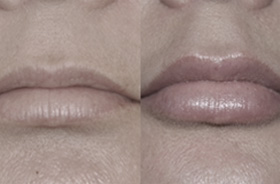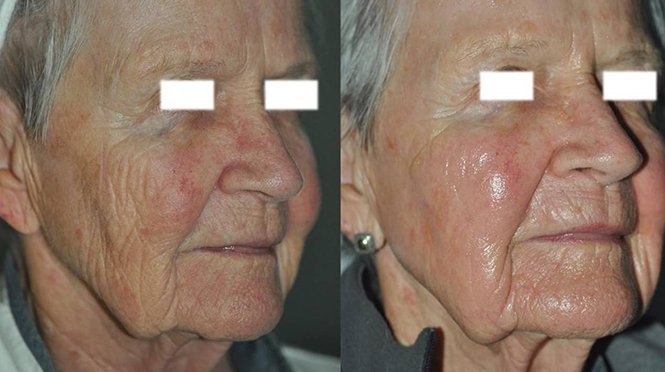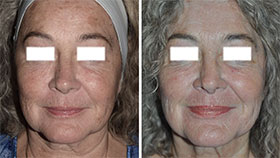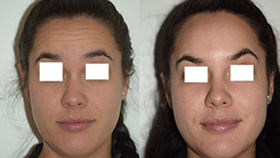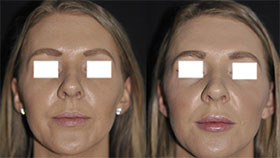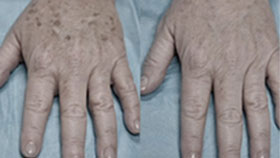May is Skin Cancer Awareness Month
May is Skin Cancer Awareness Month, and, as a dermatologist in Naples and Marco Island, FL, it is a time that I put extra focus on raising awareness about skin cancer via education and skin cancer screenings. We kick off the month with Melanoma Monday (May 6), which spotlights the most aggressive and deadliest form of skin cancer that has been on the rise for years. On average, one person dies from melanoma every hour! In 2018, the American Cancer Society estimates that 91,270 people will be diagnosed with melanoma, and 9,320 will die from melanoma in the United States.
Melanomas often resemble moles (most are black or brown) and can develop on their own or from a changing existing mole. Most melanomas, similar to non-melanoma skin cancers (basal cell carcinoma and squamous cell carcinoma), are caused by excessive intense ultraviolet sun exposure.
Melanoma, when recognized early, is almost always curable. The five-year survival rate for melanoma when detected and treated in its early stages is 98 percent. If left untreated, melanoma can rapidly grow in size, spread to other areas of the body, and become fatal.
Research shows women are nine times more likely than men to notice melanoma on others. Thus, screening your partner for new or changing skin lesions could save their lives. The importance of skin cancer screening becomes even more critical as we age and our risk of melanoma increases.
Important tips to protect your skin:
• Seek the shade, especially between the peak hours of sun exposure (10 AM and 4 PM)
• Cover up with clothing, wide brimmed hat, and UV-blocking sunglasses
• Use a broad-spectrum (UVA/UVB) sunscreen with an SPF of 30 or higher every day! For extended outdoor activity, use a waterresistant sunscreen with an SPF of 50
• Apply 1 ounce (2 tablespoons) of sunscreen to your entire body 30 minutes before going outside. Reapply every two hours or immediately after swimming or excessive sweating
• Avoid tanning beds
• Do a self skin scan (and scan your partner) every month to assess for new or changing lesions
• See your dermatologist every year for a skin exam or more frequently if you have a history of skin cancer
Dr. Anne Marie Tremaine is a board-certified dermatologist with fellowship training at Harvard Medical School in laser and cosmetic surgery. She has contributed as a dermatology expert for online and print magazines including Family Fun, msn.com, menshealth.com, and ccn.com. In addition, she frequently lectures to professional societies on her diverse research. For more information about skin care, visit the Skin Wellness Physicians website at skinwellnessflorida.com or send a message online.



